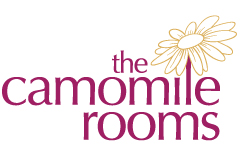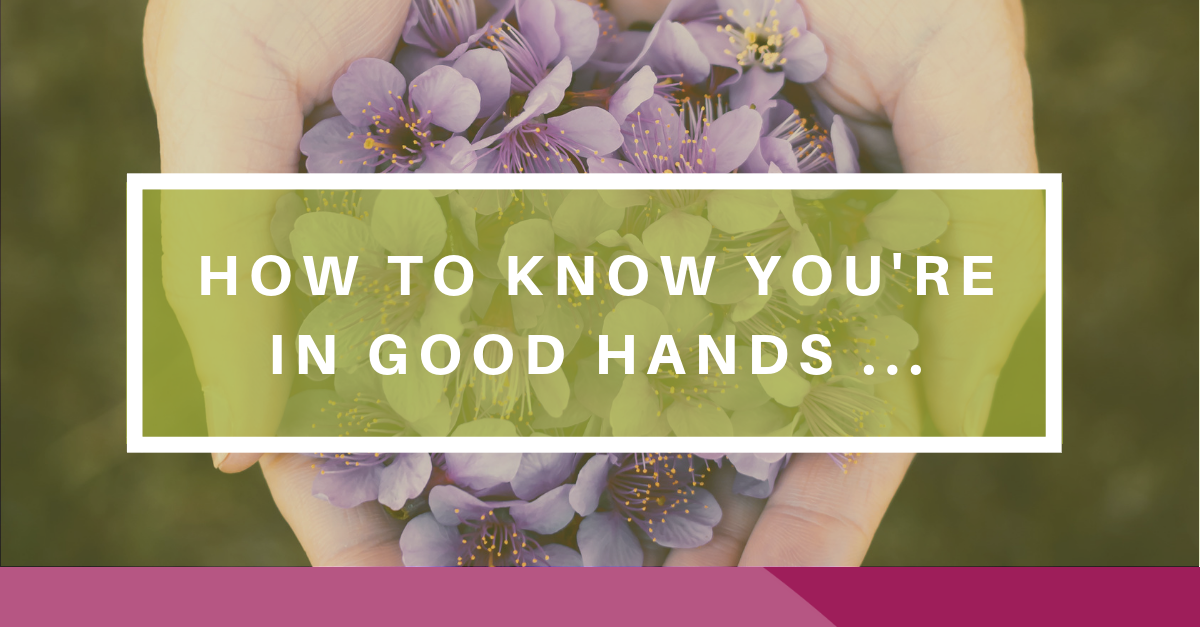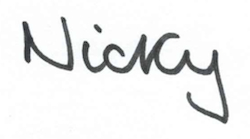MAR and MARR may not mean anything to a non-reflexologist. Unless, however, you’ve done your research about who to go to…
The truth about reflexology is that its an unregulated industry and ANYBODY can set themselves up as a reflexologist or even as a reflexology tutor – they’ve only got to have done an often quick course that means they can teach others. And it’s a little frightening that with the rise in awareness and popularity of reflexology as a credible complementary therapy (that’s the good bit!), there is also a rise in short and often inadequate reflexology training courses.
Some courses are even online, or are just one or two days, or an intense two week training course, often with the bulk of training done online or from workbooks at home. And that’s all it takes to call yourself a reflexologist. As a reflexologist of 16 years and counting, I know that learning and training are ongoing. For the rest of your career. And some of the most important things for me are my training and accreditation and testimonials from my clients.
What does it all mean?
There are professional bodies that are open to reflexologists to join. For me, its the Association of Reflexologists (AoR) and the Association of Reproductive Reflexologists (ARR). Just like osteopaths are members of the General Osteopathic Council and Acupuncturists are members of the Britsh Acupuncture Association. This is why the letters MAR and MARR are a symbol that you are in good hands.
Why is it so important?
Well, it’s important to use because we love what we do and we really believe in it. And we want all those we treat to have the best treatment possible and to have the most positive effects from it. So we invest in our learning and knowledge to try and ensure that this happens and seeking accreditation from the AoR and ARR shows that it’s been recognised. Complementary therapies are gradually being taken more seriously by the medical world; patients are now able to access them within GP surgeries and fertility clinics; there are clinical research trials; NHS funding; published research papers; they are used in oncology centres, hospitals and hospices – all of this is amazing and so heartening!
It’s like somebody wanting to become a doctor, reading a few medical books, watching a few episodes of Casualty and then finding the quickest and cheapest course to help them become one. Hmm, probably not ideal.
So, being a member of the AoR means that:
- Your training course is accredited by them
- As a full member you commit to completing a variety of Continued Professional Development learning opportunities each year
- You are a member of the gold standard of reflexologists in the UK
- You abide by their code of conduct and ethics and all legal regulations, including those set out by the Advertising Standard Authority
- You need to have had a minimum of 49 hours spent in the presence of your tutor on providing reflexology and reflexology skills. This excludes home study, assessments and lunch breaks. (So excludes weekend or two week intensive courses!)
There are others aside from the ones we’ve mentioned here but some professional associations only require a copy of your professional liability insurance and copies of your training certificates to join rather than specific criteria you need to fit to be of an accepted standard.
What does this mean for you?
Reflexology is not just a glorified foot rub or just a pampering massage (although we know it can feel lovely and relaxing too!), it is a recognised complementary health treatment with an increasing amount of research (not just anecdotal) to back up its efficacy.
If people are investing in our treatments, they are trusting in our knowledge, experience and have to trust us to deliver the best treatment for you. So we strongly believe that we have a duty to invest in our training, expanding our knowledge and techniques and ability too.
The right accreditation means more for you than just letters after our names.
More information can be found at the Association of Reflexologists
Or just drop me an email and I’ll be happy to answer any questions.



